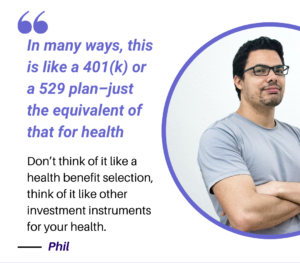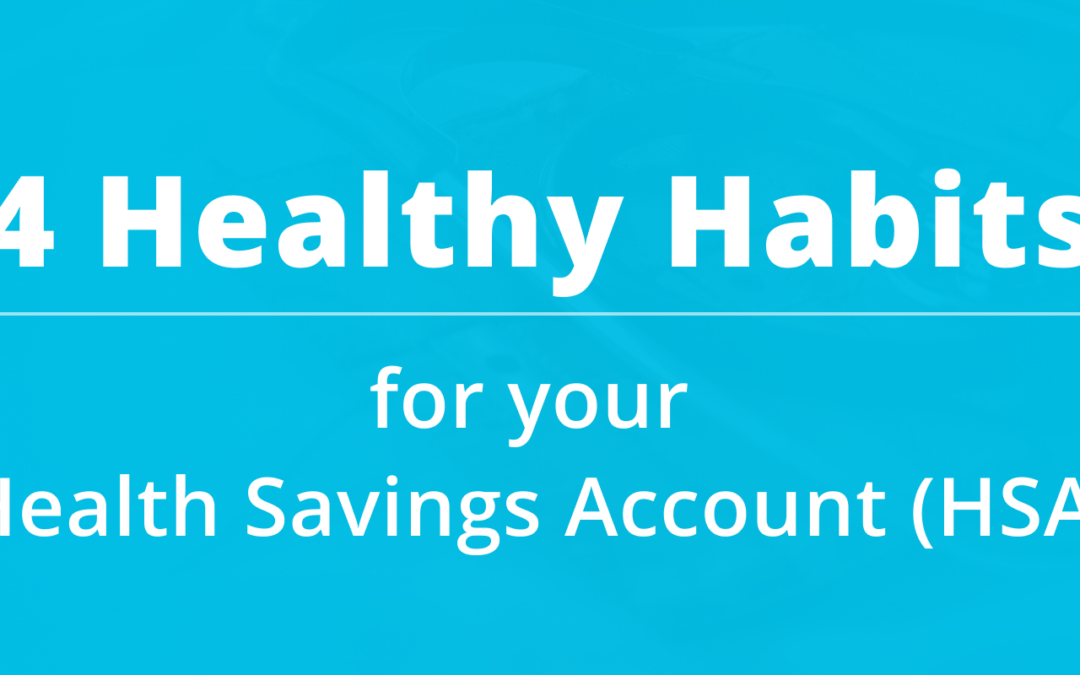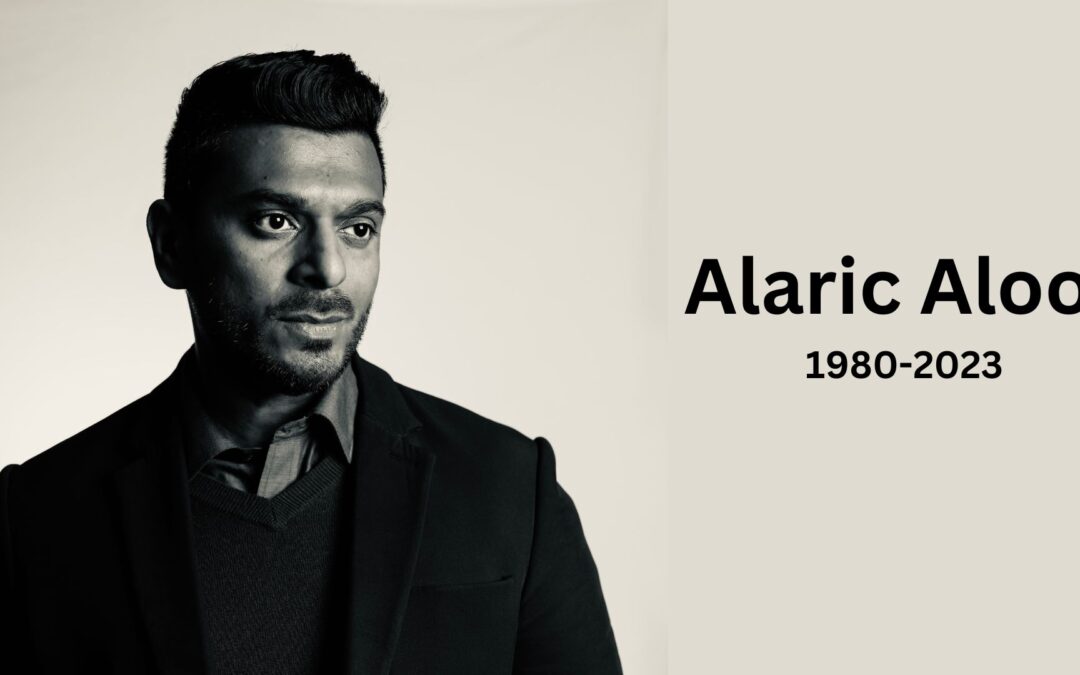
Phil is a technology professional in his late thirties. He plans out how much money he and his family will need each year for medical expenses. The family sets it aside in a health savings account (HSA) to get the tax benefit. He is now seeing the added value of using the HSA as a medical retirement account.
SO: How did you find out about health savings accounts (HSAs)? How did they benefit you?
I’ve been using them for four or five years now. When the plans came out, I was reasonably quick to gravitate towards the HSA. We’re generally a pretty healthy family and I have come to realize that we save a lot of money by being on higher deductible plans. The HSA has only amplified those savings since you can use pre-tax money to pay for out of pocket health expenses that are below your annual deductible. It just made sense.
SO: How did you learn about all these advantages?
I wish I could tell you it was very deliberate, and I did all this research. If memory serves, I attended one of my employer’s benefit information sessions at the time and learned about some of the HSA advantages. I might have also done a little bit of googling to understand limits better.
What’s beautiful about the HSAs, compared to the old FSA plans, is that you don’t lose the money after the plan year. That really appealed to me.
I will say that I hadn’t factored in the long-term approach to HSAs until recently. It’s obvious when you think about it, but I hadn’t thought about it as a retirement vehicle. I had thought about it more as a great way to take pre-tax dollars and set money aside to handle in-year expenses. But the HSA is also interesting in its ability to put health savings aside now, in high tax years, to fund future health care expenses.
SO: How do you use HSAs today?
The awareness of using the HSA as a retirement vehicle is making me think differently. The way I’ve been using it is thinking about next year’s spend and putting enough money in there to cover that next year. Looking at prescription bills and other medical expenses, and the typical out-of-pocket expenses we might expect in a usually given year. We don’t get too precise, but we have looked at the prior year to make rough projections.
For this year, we’ll look to fund more than that to ensure we’re getting the longer-term savings benefit of the HSA.
SO: What advice do you have for someone who is just starting out with HSAs?
There are a couple of things to keep in mind. It is essential to be aware of the pre-tax money’s financial advantages.
An HSA is available with a High Deductible Health Plan (HDHP). They tend to be way more favorable for most healthy people. You still get all the same downside protection. There tends to be more out of pocket costs. The other piece is–what’s your 10-year plan? Are you looking at high-income years for the foreseeable future where you pay taxes at a high marginal tax rate? How much could you potentially save? And how much can you be thinking of this more from a retirement perspective?
Another thing that may hold people back is that one must trust that this money will still be there ten years from now. If you’re funding it, that governance and taxation won’t change. In many ways, this is like a 401(k) or a 529 plan–just the equivalent of that for health. Don’t think of it as a health benefits selection; think of it like other investment instruments for your health.
SO: Were there any challenges or learning experiences that you’d like to share?
The whole learning curve around the difference between an FSA and an HSA. Also, knowing what a valid (or qualified) expense is and how to expense it is not as easy as it could or should be.
SO: When you were starting to invest (in HSAs or in general), what mindset barriers did you have to overcome?
From FSA and dependent care, the fear of not using all the funds within the year is a significant mindset change. For this, you don’t need to plan it so closely. As we just discussed, if you’re in your prime earning years–overshoot. That’s not a bad thing. Next year you can have some money to draw down if you don’t want to wait that long.
If I hadn’t been using an FSA or an HSA, I think there is a little bit of an organization around making sure you use your card, which takes a little bit of planning.
SO: What has been one of the single most helpful triggers to think beyond FSA to HSA towards a long-term retirement perspective?
It’s mostly increased awareness.
NOTE: These are edited excerpts from the conversation with an HSA participant. In some cases, stock photos and only first names or initials have been used to protect identity.








